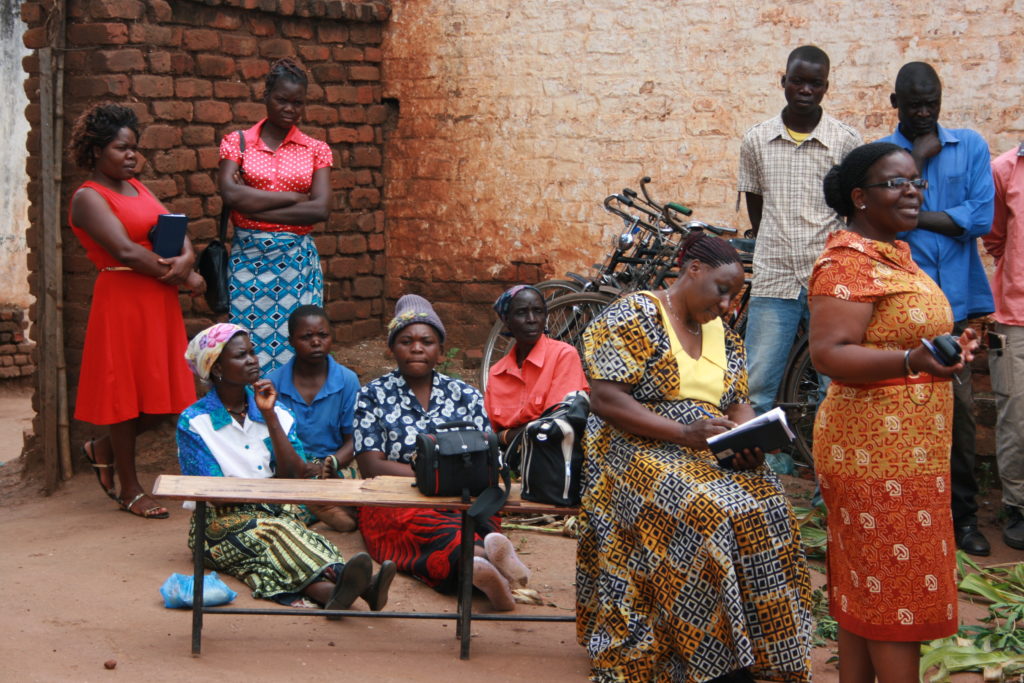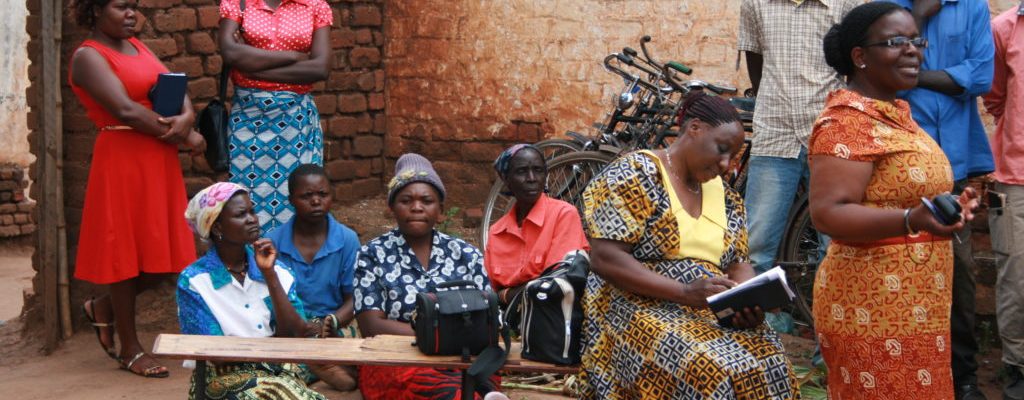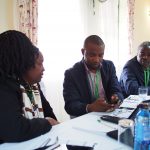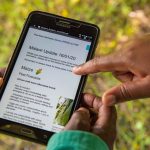
Farmers in Malawi are the latest to benefit from a CABI-led consortium, funded by the UK Space Agency, which is providing a Pest Risk Information Service (PRISE) to fight pest outbreaks that could devastate crops and livelihoods across the country.
The service, which uses state-of-the-art technology to help inform farmers in sub-Saharan Africa – including Zambia, Ghana and Kenya where it is currently operating – gives farmers invaluable information to help them manage pests such as the fall armyworm that is already having a major impact in Africa and South East Asia.
PRISE builds upon the UK Department for International Development (DFID)-funded Plantwise programme, which works globally to help farmers lose less of what they grow to plant health problems.
The PRISE programme works by forecasting the risk of pest outbreaks using a novel combination of earth observation technology, satellite positioning, and plant-pest lifecycle. Expansive, novel crowd sourcing observations are also being established to strengthen and validate the system.
Ministers of Agriculture and their extension experts in Malawi, Zambia, Ghana and Kenya will be actively engaged and involved in this pest forecasting system, which collects and combines disparate datasets, manipulates data using computational and modelling expertise, and leverages well-established international development networks.
Cambria Finegold, Global Director, Knowledge Management, said, “The threat of a range of invasive species and need for policymakers, researchers, the private sector and civil society to come together to find technical and policy solutions to fight them was made clear by CABI at its recent policy summit on invasive species held in Gaborone, Botswana.
“PRISE is just one way in which the very latest technology is being harnessed. It means essential in-country data from the field can be fed into the model and also be used to ground-truth results, which will allow the team to continually improve it.
“Risk messages and mitigation measures will be communicated to farmers and extension workers and we will monitor and evaluate the service to assess its impact.”
The project consortium includes UK partners from Assimila, Kings College London and the Centre for Environmental Data Analysis. The technology being deployed better places CABI’s Plantwise plant clinics to give timely alerts and advice to farmers, in person and by tablet or smartphone so they can respond more efficiently to the risks posed to their crops.







